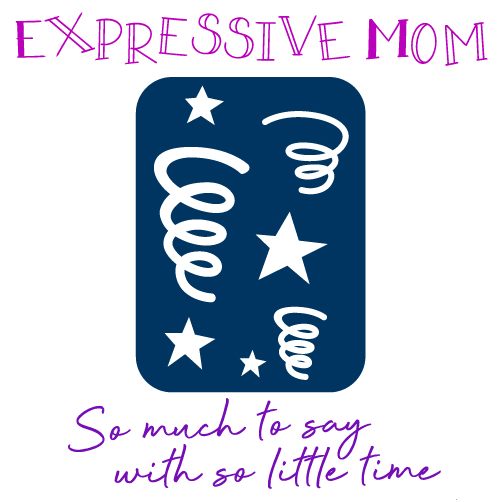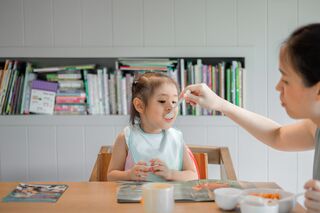What is the cause of the rise in helicopter parenting? There are probably many. But I will say this much. There is just so much judgment out there when it comes to other parents, it is no wonder that so many parents that are really doing their best are struggling with mental health issues. They are in a constant state of anxiety by not believing that they are doing their best. And if they mess up with their kids in any way at all, then they begin to doubt themselves, and the more they doubt themselves, they are at risk for ending up with low-self esteem and depression.
Therefore, these parents are feeling as if they should do everything ‘perfectly; even if they are doing their best. Doing their best just is not good enough. That means they will become obsessed with only serving them organic food without any preservatives to the point that they will stress themselves out over it. And if that means cooking up healthy meals that require hours and hours in the kitchen is the only way that they will feed their kids, then so be it. Nevermind that this is one example of how perfectionist parents will end up on their way to burning out. Then they will monitor their kids carefully to make sure they don’t sneak unhealthy food from other sources.
Another risk of being affected by so much judgment is that parents will likely stifle their kids’ development by keeping a careful eye on them all of the time. Therefore, they will end up becoming helicopter parents and that will only cause the kids to resent them in the end. Kids naturally develop and grow, and become independent. They grow into who they are, and if their parents are getting into the way of that, then it not only hurts their development, but it also hurts their relationships with their parents.
Helicopter parenting has some benefits but there are many cons associated with it. The parents not only face a lot of extra stress but so do the kids. It would help if there were a lot less judgment and more empathy, and parents may be less hard on themselves for being human and making mistakes. Kids would learn from their own mistakes as they grow and become more well-rounded in the end.
Parents live in a culture of constant criticism that values anxiety as almost a moral duty. It’s a culture I call the ShouldStorm, and it’s constantly telling parents that if they should be worrying about their kids or they don’t love them enough. If they try to stop worrying so much, parents are told they are at risk of being dangerously neglectful. It’s a scary world out there, says the ShouldStorm, and you should be anxious about your kids.
But another key feature of the ShouldStorm culture is the way it pushes perfectionistic parenting. Parenting should not only be involved, but it should be close to perfect. Everything parents do should be the right thing, because parents who make mistakes might just mess their child up for life. In trying to get it right and avoid risk, parents caught in the ShouldStorm miss the very real risk they are taking instead. That is the risk of derailing their child’s normal developmental progression.
Having observed this in my clinical practice, it was validating to find that these researchers noted the same phenomenon. Segrin and his co-authors wanted to see if parental perfectionism was a contributor to over-parenting the way anxiety is.
Click here to view original web page at www.psychologytoday.com



Connect With Me !